Germs and pathogens are everywhere in food processing and in supermarkets. It is therefore all the more important that there are uniform regulations for statutory hygiene standards within the EU and the US. These standards ensure that the spread of diseases can be reduced as much as possible. In order to protect people and the environment, in addition to operational and product hygiene, there is also a need for innovative materials which, due to their nature and surface structure, aim to facilitate the detection of possibly detached residues of the plastic in the food.
.
This goal is also pursued by igus GmbH, one of the world’s leading manufacturers in the field of energy chain systems and polymer plain bearings. This is because its range of materials includes food-grade plastics that are suitable for use in food processing machinery and production processes. To find out more about the 3D printing polymers, we talked to Tom Krause, head of additive manufacturing at igus, in an insightful interview. 3DN: Can you briefly introduce yourself and your connection to 3D printing? My name is Tom Krause and I am the head of the Additive Manufacturing business unit at igus GmbH. I have been […]
Case Study: How PepsiCo achieved 96% cost savings on tooling with 3D Printing Technology
Above: PepsiCo food, snack, and beverage product line-up/Source: PepsiCo PepsiCo turned to tooling with 3D printing...

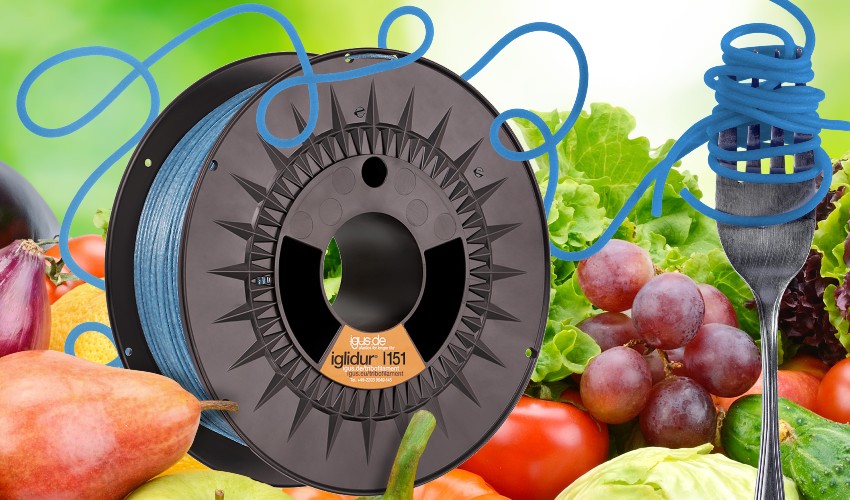
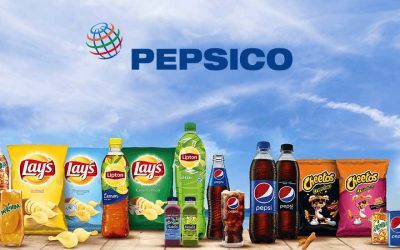
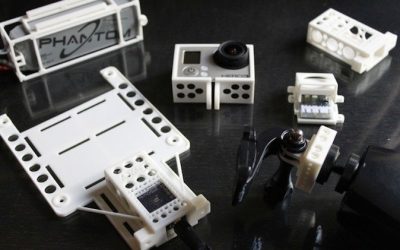
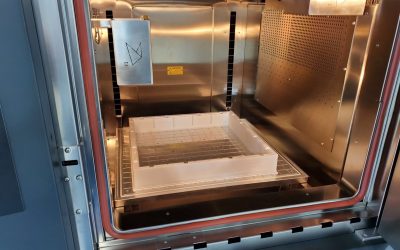
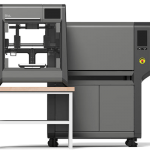


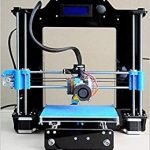
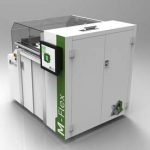
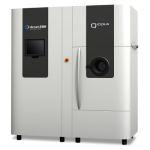
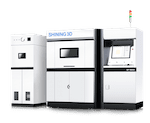







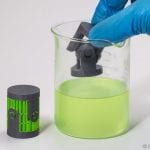










0 Comments